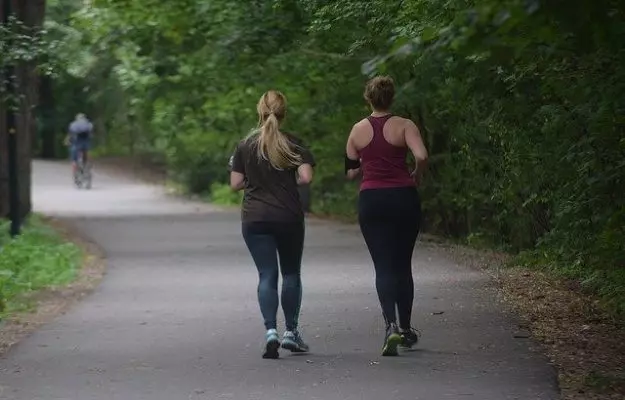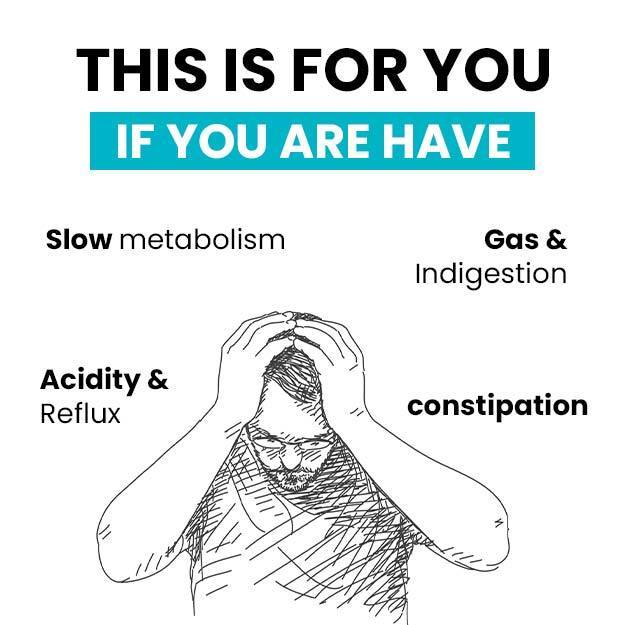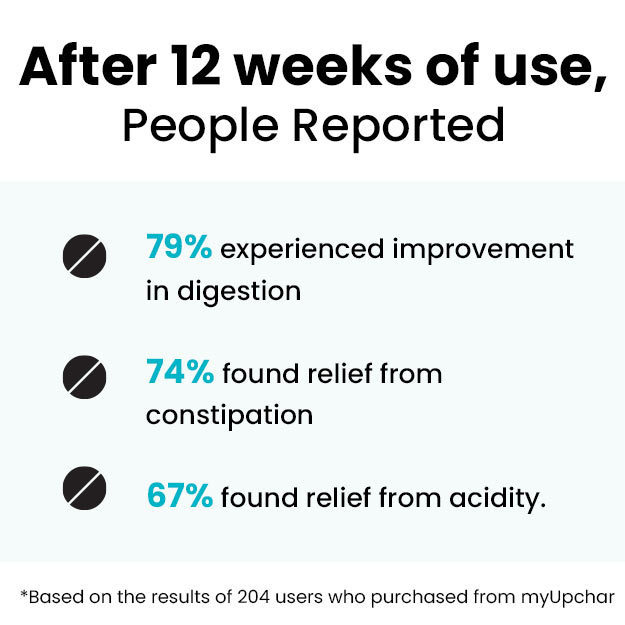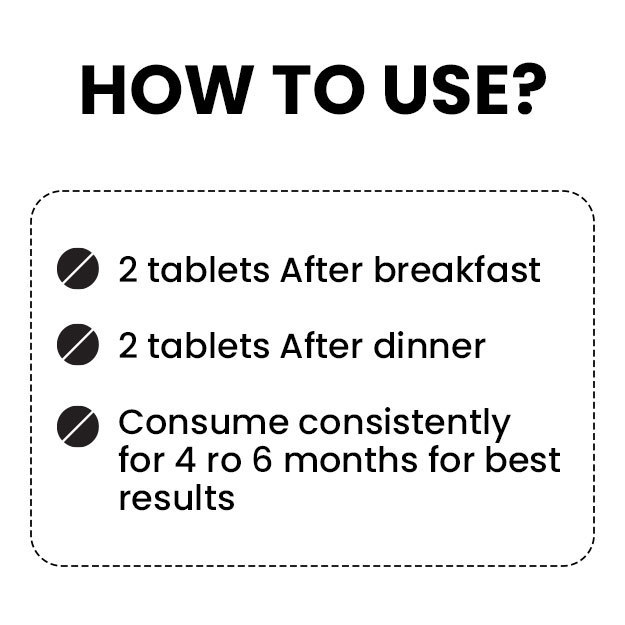Irritable bowel syndrome (IBS) is a chronic problem of the digestive system, particularly the large intestine. IBS shows up in different ways in different patients, with the two most common symptoms being constipation or diarrhoea. Other symptoms of IBS are pain or discomfort in the lower abdomen, bloating and gas.
According to a study published in the Journal of Datta Meghe Institute of Medical Sciences University in 2018, about 15% of the Indian population is affected by IBS. The ratio of the disease appearing in Indian men and women is 3:1.
The prevalence of IBS in Western countries is even higher, with about 20% of the population affected by it in the US alone. Globally, women patients outnumber male patients by a factor of 3:2 in America and 2:1 in other Western countries.
IBS isn't life-threatening, but it has a significant impact on the lives of people suffering from it. IBS tends to affect people between 15 and 50 years of age. While the exact cause of the disease is still unknown, most experts put it down to psychological factors as well as a breakdown in the communication between the brain and the digestive system.
Exercise is known to alleviate the symptoms of the condition, even though it cannot provide an outright cure. Stress is said to be a major trigger for the onset of IBS symptoms and with a proper diet, exercise as well as managing stress, one can reduce the symptoms as well as control the disease.
Read more: Ayurvedic medicine, treatment and remedies for irritable bowel syndrome




























